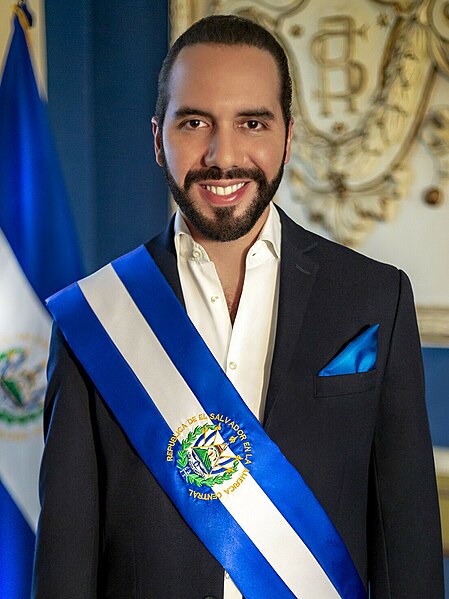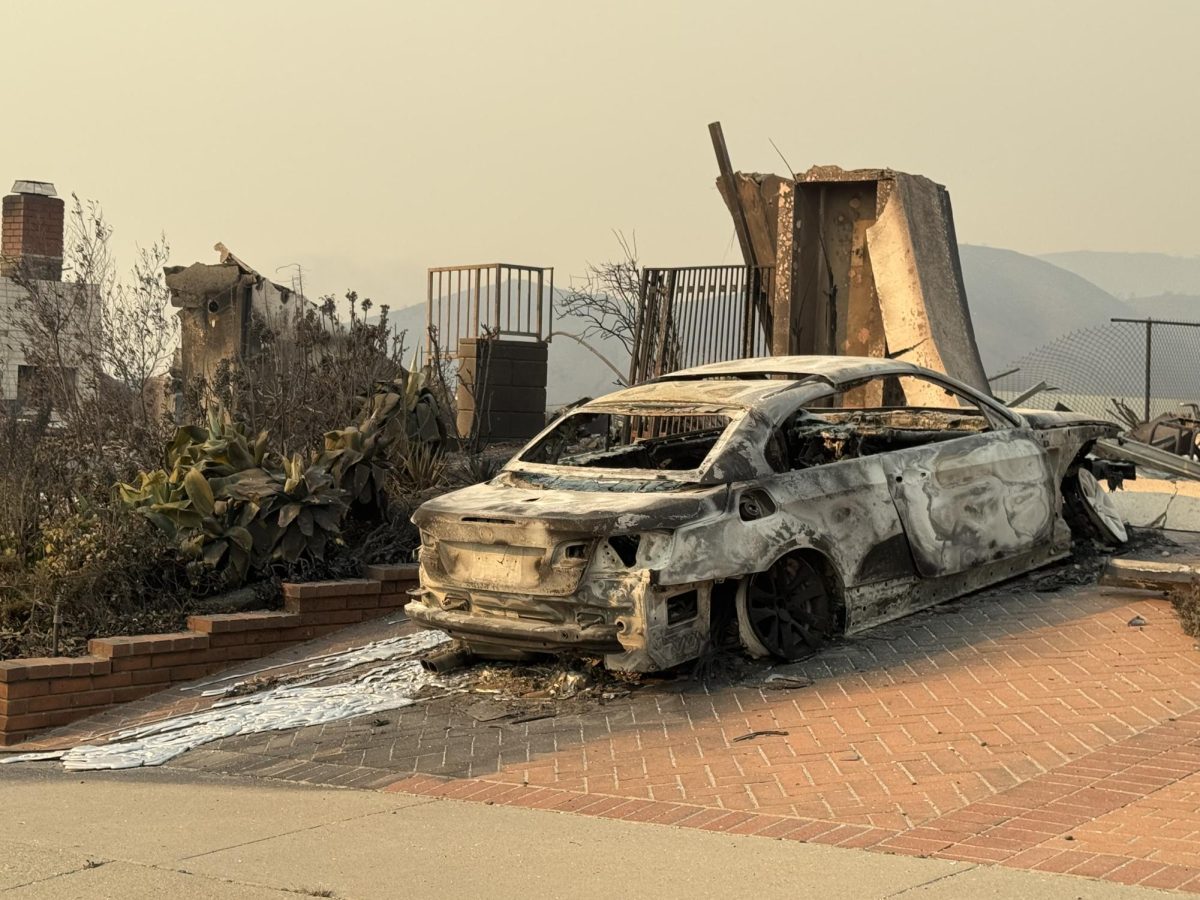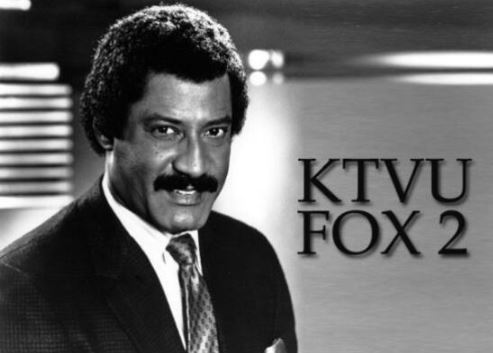President of El Salvador, Nayib Bukele, temporarily stepped down from office on December 1st after having a 90% approval rating in order to focus on his campaign for the 2024 Salvadoran Presidential Election.
Nayib Bukele first started as mayor of the small suburban village of Santa Tecla, which allowed him to rise to the mayor of the country’s capital San Salvador. In 2019 he ran for president against El Salvador’s two major parties and won with 53% of the vote.
His most famous action as president, one which has people all over the world conflicted, is his major crackdowns against his nation’s drug cartels and crime-rings. Before Nayib Bukele took office El Salvador had the highest crime-rate in the world, but as of 2023 has one of the lowest in Latin America.
In order to fund this “Territorial Control Plan” he needed a loan from America, but the legislature refused it in 2020, and the court called it unconstitutional. When the vote entered the legislature Bukele sent the Salvadoran military to threaten the politicians into allowing the loan.
While this may seem dictatorial, Bukele’s party Grand Alliance for National Unity (GANA) won a majority in the 2021 Legislative Election, and he has the highest approval rating of any political leader in the world, at roughly 90% or more.
This leads El Salvador to the February 2024 election, one which is filled with controversy. Polls suggest that Bukele and his Nuevas Ideas (New Ideas) party will win reelection with 68.4% of the vote; a landslide by all means. But the main concern is the fact that under El Salvador’s constitution no president can serve for more than one term.
In 2021 the Supreme Court of Justice in El Salvador ruled that a president could run for reelection despite a 2014 ruling that said otherwise. This was seen as democratic-backsliding, as the Supreme Court of Justice’s five members were appointed by Bukele following the 2021 Salvadoran Political Crisis.
The 2024 election, despite all the conundrums, will be an interesting sight when it comes to the nature of governance and the ever-evolving political history of El Salvador and all notions of Central America henceforth.







